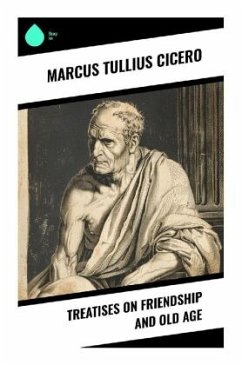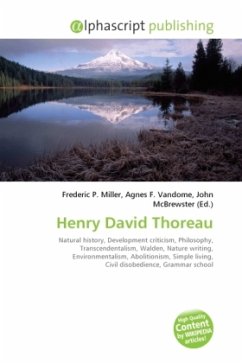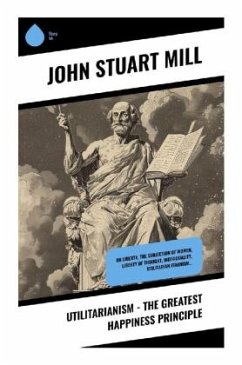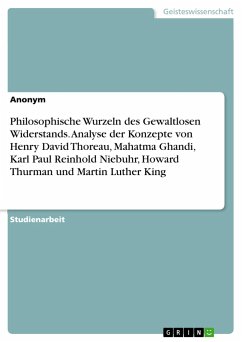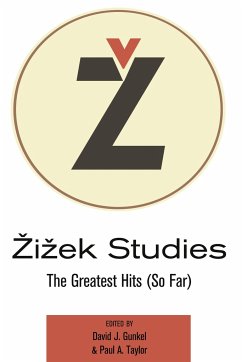
The Greatest Works of Henry David Thoreau
Walden + Civil Disobedience + Slavery in Massachusetts

PAYBACK Punkte
0 °P sammeln!
In "The Greatest Works of Henry David Thoreau," the author's profound engagements with nature, society, and individual conscience coalesce into a compelling anthology that delineates the essence of Transcendental thought. Thoreau's writing, characterized by its lyrical prose and philosophical depth, explores themes of civil disobedience, self-reliance, and the intimate relationship between humanity and the natural world. This collection not only presents his seminal texts, such as "Walden" and "Civil Disobedience," but also reflects the broader literary context of 19th-century America, influen...
In "The Greatest Works of Henry David Thoreau," the author's profound engagements with nature, society, and individual conscience coalesce into a compelling anthology that delineates the essence of Transcendental thought. Thoreau's writing, characterized by its lyrical prose and philosophical depth, explores themes of civil disobedience, self-reliance, and the intimate relationship between humanity and the natural world. This collection not only presents his seminal texts, such as "Walden" and "Civil Disobedience," but also reflects the broader literary context of 19th-century America, influenced by Romanticism and early environmentalism. Henry David Thoreau (1817-1862), a pioneering American essayist, poet, and philosopher, was deeply influenced by his intellectual mentors, particularly Ralph Waldo Emerson, and his lifelong commitment to observing nature and advocating for social reforms. His brief but impactful life in Concord, Massachusetts, where he famously spent two years at Walden Pond, instilled in him a belief in simplicity and self-sufficiency, compelling him to express these ideals throughout his works. This anthology is a must-read for anyone interested in the intersections of nature, philosophy, and activism. Thoreau's perspicacity challenges readers to reflect on their relationship with the environment and societal norms, making this collection an essential addition to the library of any thoughtful reader.





